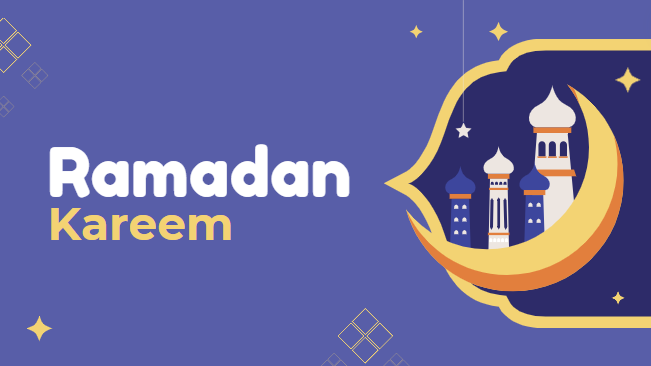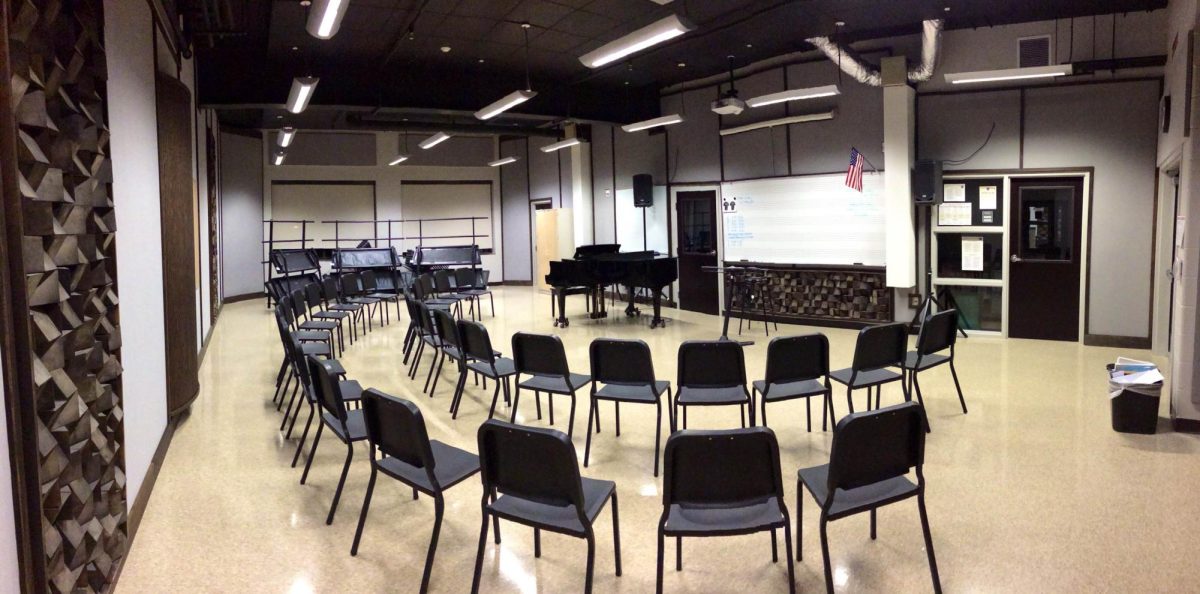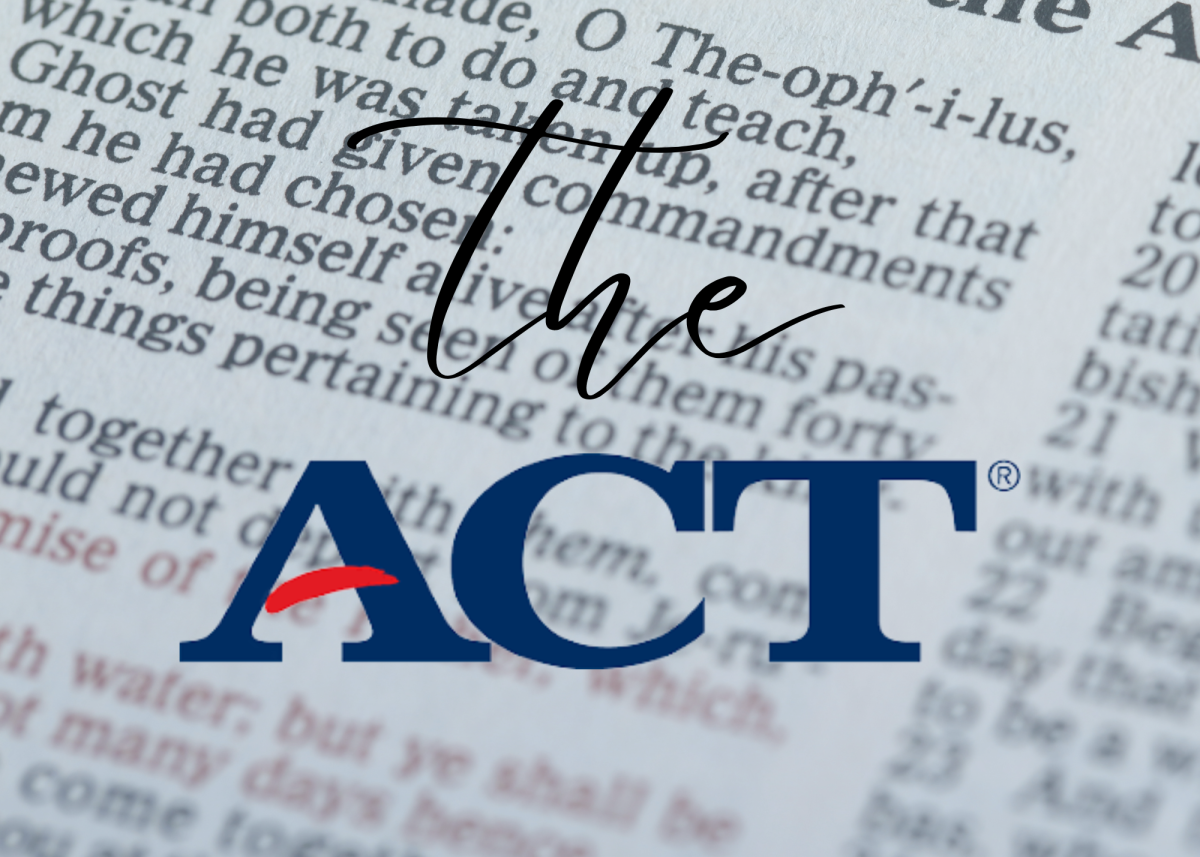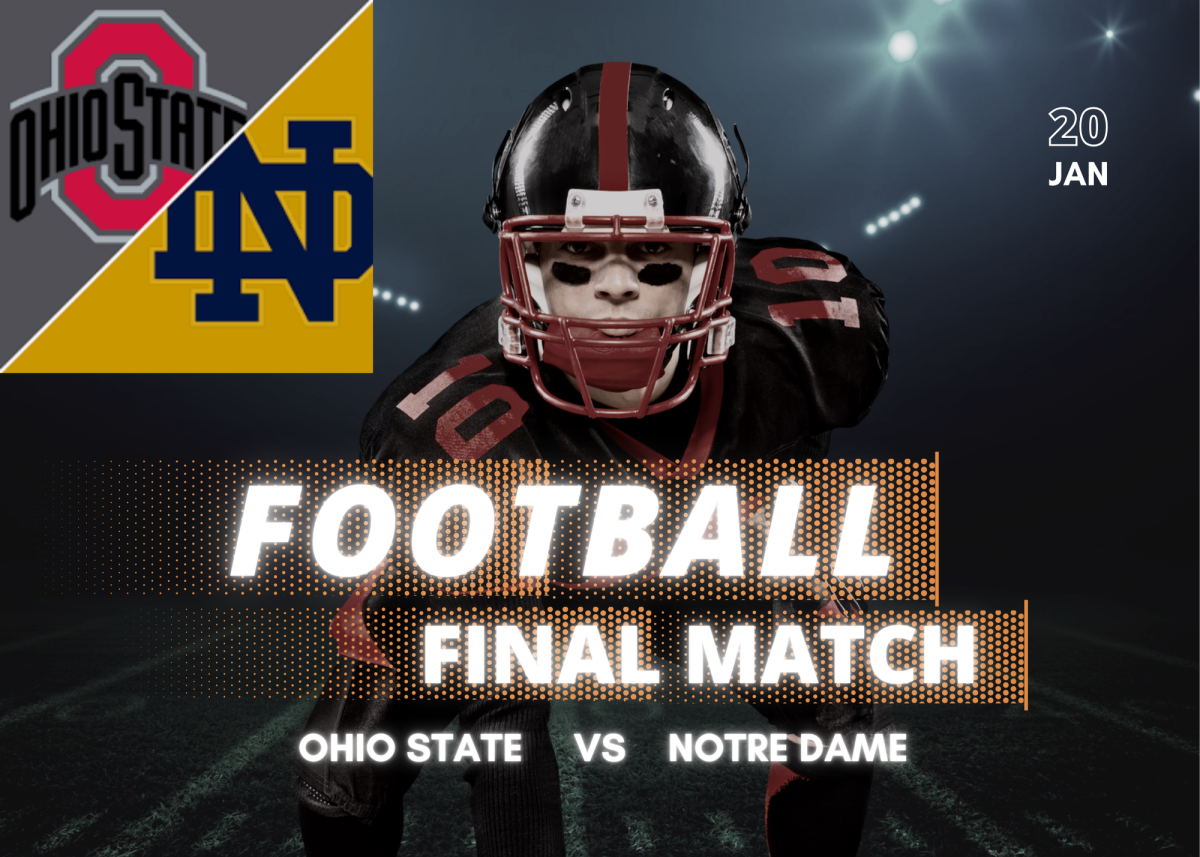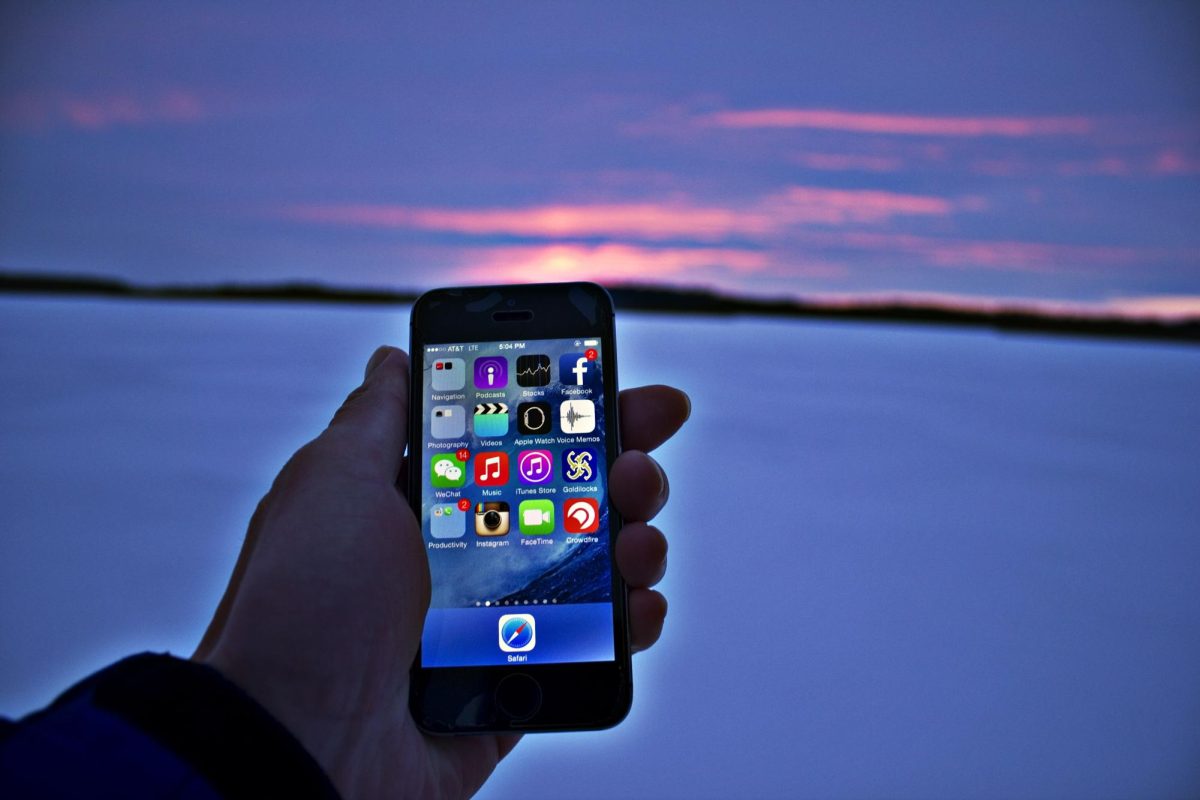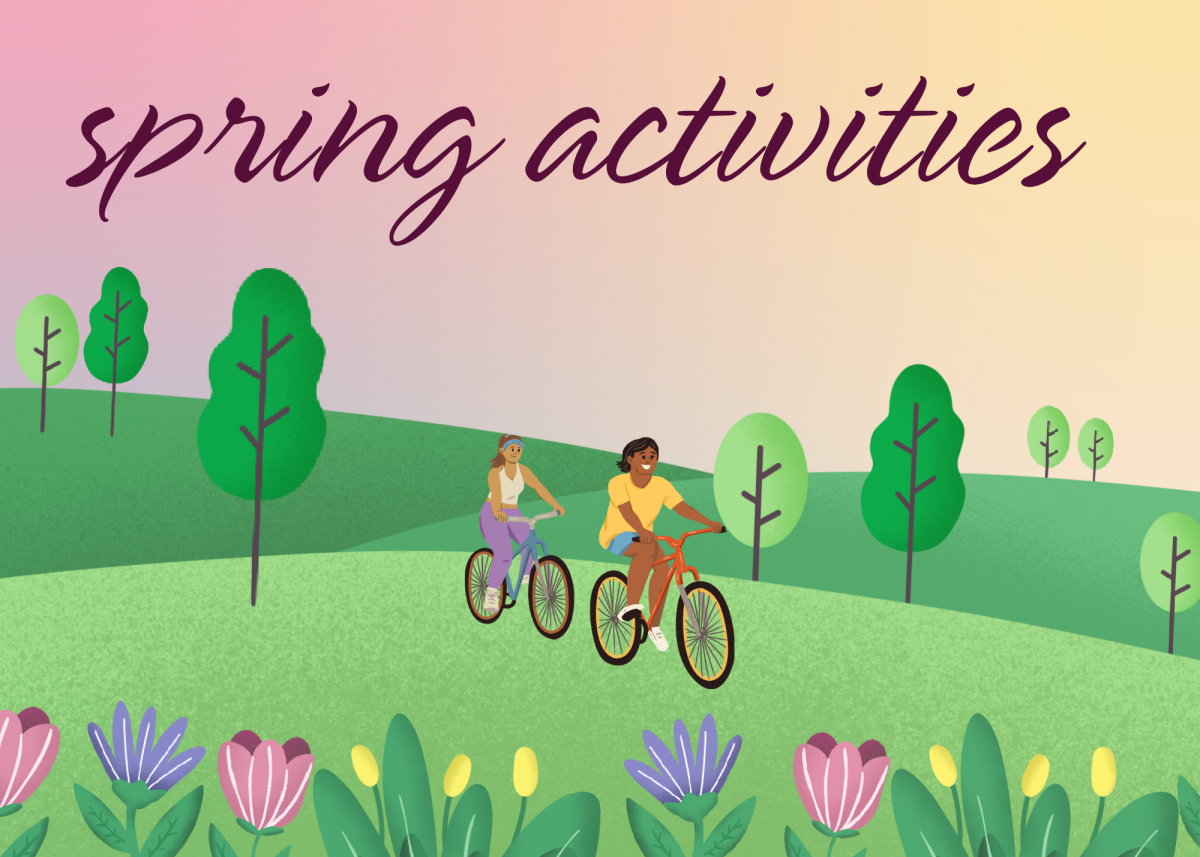Ramadan is a special time observed by Muslims around the world. It serves as a month-long period of fasting, prayer and reflection, integral to Islam. As a matter of fact, Ramadan began Sunday, March 10, but where did Ramadan come from, and why is it so important to Muslims?
The story of Ramadan begins over 1,400 years ago in the Arabian Peninsula, in what is now Saudi Arabia. It all began with an individual named Muhammad, who, in Islam, is the final prophet of God.
Muhammad received the first verses of the Quran, the holy book of Islam, during the month of Ramadan. In Islamic tradition, the Archangel Gabriel appeared to Muhammad and revealed the words of the Quran to him over the course of 23 years. The first revelation sparked the genesis of Muhammad’s mission as a prophet and the beginning of Ramadan being a sacred month.
During Ramadan, Muslims fast from dawn until sunset, abstaining from food, drink, smoking and other physical needs. Fasting during Ramadan is one of the Five Pillars of Islam, the five fundamental acts of worship that are considered mandatory for all Muslims.
In the words of Hamza Fareed, a Blackman senior, “It’s a great time to focus on myself spiritually and does wonders for my weight loss goals.”
Fasting does not derive its meaning from the physical act abstaining from food and drink, but the spiritual discipline associated with it; it’s a time for self-discipline, self-reflection and religious growth. It is believed that fasting helps an individual develop empathy for those who are less fortunate and bolsters their gratitude for the blessings in their lives.
Some people develop their own routines during this time as well; Ahmed Raad, a Blackman junior, says “I’m going to shave my beard off at the end of Ramadan. Unrelated, but it’s a personal tradition.”
Ramadan is also a time for intense prayer and revitalized devotion. Muslims are encouraged to spend more time reading the Quran, attending mosque services and engaging in acts of generosity and kindness. The last ten days of Ramadan are considered especially important for Laylat al-Qadr, or the Night of Power, which is believed to be the night the Quran was initially revealed to Muhammad.
The end of Ramadan is marked by the celebration of Eid al-Fitr, or the Festival of Breaking the Fast. During his time, Muslims gather with family and friends to dine, exchange gifts and give thanks.
Through history, Ramadan has played a vital role in the lives of Muslims, functioning as a time of spiritual renewal, community bonding and gratitude for the blessings of faith, a sacred month in Islam that commemorates the revelation of the Quran to the Prophet Muhammad. It is a time of fasting, prayer and reflection, during which Muslims seek to deepen their faith and strengthen their connection to God.


